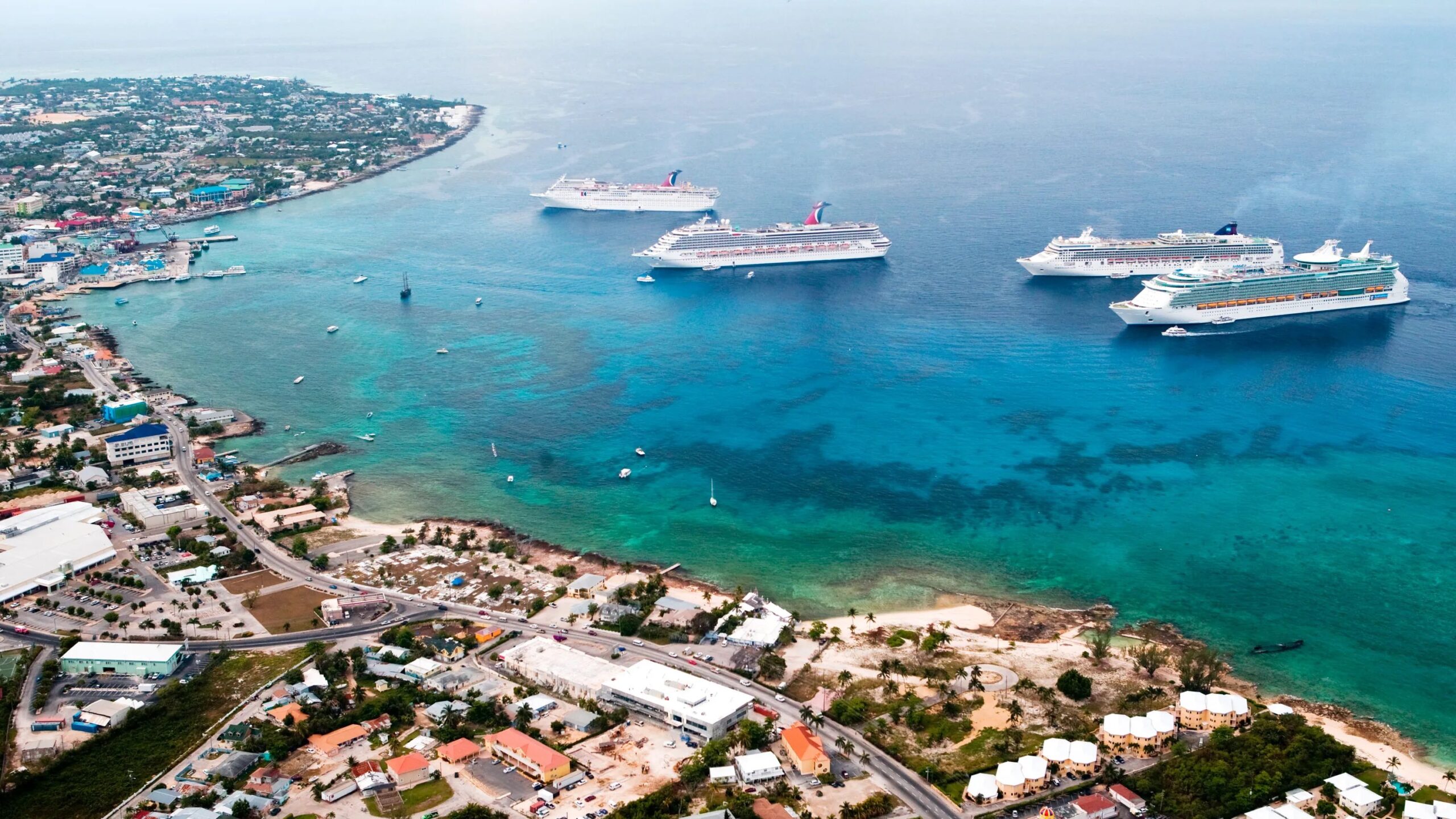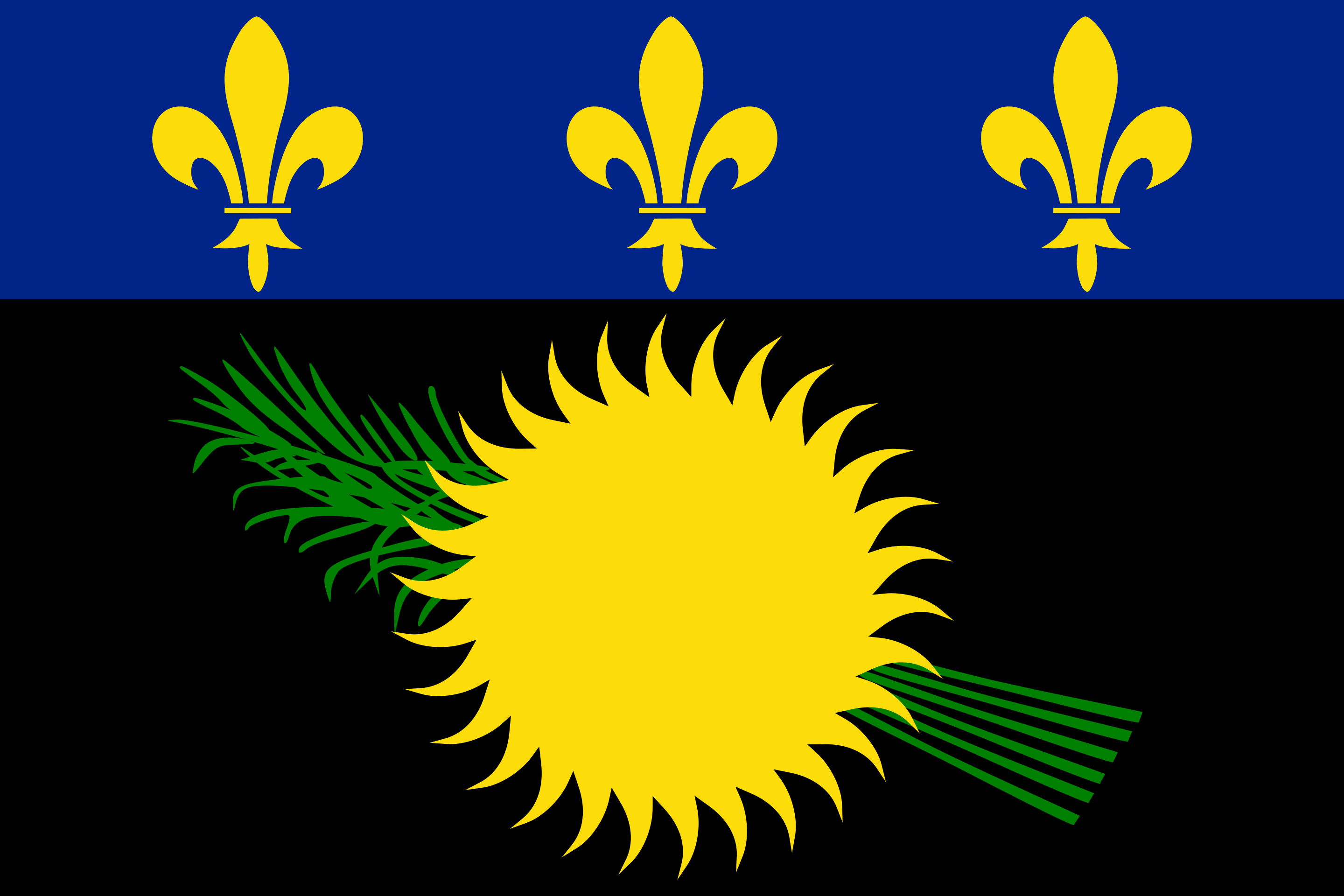Economic Overview
Guyana’s economy is experiencing an unprecedented boom, primarily driven by the discovery and exploitation of massive offshore oil fields. Since the first significant oil find in 2015, Guyana’s GDP has surged, reaching US$15.3 billion in 2024, with forecasts predicting continued robust growth. This oil wealth is fueling rapid development across various sectors, including real estate.
The influx of revenue from oil exports is transforming the real estate landscape in Guyana. There is a soaring demand for both residential and commercial properties, particularly in the capital, Georgetown, and its surrounding areas. New infrastructure projects, luxury residential developments, and commercial spaces are sprouting up to accommodate the growing expatriate community, oil industry workers, and local businesses benefiting from the economic upturn. The real estate market is thriving, offering significant opportunities for investors looking to capitalize on the country’s newfound prosperity.
Tourism and Lifestyle
Tourism is an emerging sector in Guyana’s economy, attracting visitors with its pristine rainforests, waterfalls, and rich biodiversity. Popular attractions include Kaieteur Falls, Iwokrama Rainforest, and the Rupununi Savannah. In 2023, tourism contributed approximately US$400 million to the economy, highlighting its growing importance.
Guyana Real Estate Opportunities
- Luxury Residential Properties: Increasing demand for upscale housing, particularly in the capital city, Georgetown, and its suburbs. Ideal for expatriates and high-net-worth individuals.
- Commercial Real Estate: Opportunities in developing office spaces, shopping centers, and hotels to cater to the expanding business and tourism sectors.
- Land Development: Potential for acquiring prime land for new developments, including residential communities, eco-resorts, and agricultural projects.
- Eco-Friendly Developments: Emphasis on sustainable and eco-friendly projects that attract environmentally conscious investors.
- Property for Sale in Guyana: Numerous properties are available for sale, catering to both residential and commercial needs.
Guyana: A Land of Natural Beauty and Opportunity
Guyana, located on the northern mainland of South America, is renowned for its natural beauty and diverse culture. The capital, Georgetown, is the political and economic hub of the country.
Real Estate Opportunities in Guyana
Georgetown
Georgetown, the bustling capital of Guyana, is experiencing a surge in real estate activity, driven by the country’s burgeoning oil industry and increased foreign investment. The city’s central location and its role as the economic hub make it a prime target for real estate developers. Investors can explore opportunities in upscale residential developments catering to expatriates, modern office spaces for multinational companies, and retail centers to serve the growing middle class.
Notable areas such as Kingston and Bel Air are attracting attention for luxury real estate, while revitalization efforts in downtown Georgetown offer possibilities for boutique hotels, mixed-use buildings, and cultural venues. With its colonial charm and strategic importance, Georgetown provides a unique blend of tradition and modernity for investors seeking a dynamic market.
Linden
Linden, Guyana’s mining powerhouse, is undergoing transformation as industrial activities diversify. Real estate investors have an opportunity to capitalize on workforce housing projects, which are in high demand due to the steady influx of workers in the mining and manufacturing sectors. Additionally, industrial parks and logistics facilities are becoming critical as the town positions itself as a center for value-added production.
Strategic infrastructure upgrades, such as improved road connectivity to Georgetown and other regions, enhance Linden’s appeal for long-term investments in both residential and commercial real estate.
New Amsterdam
The fertile Berbice region, anchored by New Amsterdam, presents a wealth of opportunities for agro-industrial real estate. Investors can tap into the town’s agricultural backbone by developing processing plants, storage facilities, and logistics hubs. Furthermore, residential developments tailored to professionals and farmers in the area are gaining traction as the town grows in economic importance.
With its scenic location along the Berbice River, New Amsterdam also holds potential for waterfront developments and eco-tourism ventures that align with Guyana’s sustainable growth objectives.
Bartica
Bartica’s unique location near the Essequibo River and its role as the gateway to Guyana’s pristine interior make it a hotspot for eco-tourism-related real estate. Visionary investors can focus on eco-resorts, adventure tourism facilities, and sustainable housing projects that cater to the growing demand for green living spaces.
The government’s push for environmentally friendly policies adds further momentum to projects that integrate renewable energy, water conservation, and eco-friendly construction practices. Bartica’s stunning landscapes and proximity to natural wonders offer a compelling case for tourism and leisure-oriented investments.
Lethem
Situated on the border with Brazil, Lethem is poised for rapid expansion as a trade and logistics hub. The completion of major infrastructure projects, such as the Linden-Lethem road, will further strengthen its connectivity to the rest of Guyana and the Brazilian market.
Real estate investors can seize opportunities in warehousing, retail spaces, and hospitality developments that cater to cross-border trade activities. Additionally, residential and mixed-use projects can target the growing population of traders, entrepreneurs, and support staff drawn to Lethem’s commercial vibrancy.
Anna Regina
Anna Regina, a key agricultural town in the Essequibo region, provides fertile ground for real estate investments linked to agribusiness and affordable housing. Investors can develop farm-to-market infrastructure, such as storage facilities and distribution centers, to support the region’s agricultural output.
Affordable housing projects catering to local farmers and agribusiness workers are also gaining momentum. Anna Regina’s serene environment and proximity to waterways make it attractive for residential developments that blend rural charm with modern conveniences.
How to Start a Company in Guyana
- Types of Companies: Investors can establish limited liability companies, partnerships, and branch offices.
- Incentives: Tax holidays, import duty exemptions, and repatriation of profits.
- Ease of Doing Business: Streamlined business registration, particularly in real estate and tourism sectors.
Financial Markets and Stocks in Guyana
- GASCI: The Guyana Association of Securities Companies and Intermediaries provides a platform for trading securities within Guyana.
- Banking Sector: Guyana’s banking sector is stable, with local and regional banks offering a range of financial services.
Guyana’s Currency: The Guyanese Dollar
The official currency is the Guyanese Dollar (GYD), with an exchange rate of approximately 210 GYD to 1 USD.
Industry in Guyana
- Oil and Gas: The primary economic driver, fueling demand for commercial real estate.
- Agriculture: Includes rice, sugar, and other crops, with opportunities in agribusiness.
- Mining: Significant gold, bauxite, and diamond reserves offer industrial real estate potential.
- Tourism: Investments in eco-tourism are driving hospitality real estate demand.
Oil and Gas: Transforming Guyana’s Real Estate Market
Guyana’s real estate market is undergoing a dramatic transformation, fueled by the rapid development of its oil and gas industry. The discovery of vast offshore oil reserves has triggered an economic boom, positioning the nation as one of the fastest-growing economies in the world. With billions in oil revenue pouring into the country, demand for high-quality housing, modern commercial spaces, and industrial facilities has skyrocketed. Georgetown, the capital, is at the heart of this surge, witnessing the rise of luxury condominiums, gated communities, and state-of-the-art office buildings to accommodate expatriates, industry professionals, and local entrepreneurs benefiting from the economic growth.
Beyond the capital, the ripple effects of the oil and gas industry are reshaping the real estate landscape across the country. Regions near major oil hubs and infrastructure projects are seeing increased interest in mixed-use developments and industrial properties. The growing expatriate community and influx of international businesses are driving demand for upscale accommodations and retail spaces, while local entrepreneurs are capitalizing on the opportunities in hospitality and logistics. This oil-driven prosperity positions Guyana as a hotspot for real estate investment, offering significant returns for those ready to seize the moment in this rapidly evolving market.
Tax System in Guyana
Key Tax Benefits:
- Inheritance Taxes: None, facilitating efficient wealth transfer.
- Capital Gains Tax: 20% on net chargeable gain.
- Personal Income Tax Rate: Up to 40%, with tax planning opportunities available.
Tax Summary:
| Tax System | Worldwide |
|---|---|
| Personal Income Tax Rate | Up to 40% |
| Capital Gain Taxes | 20% on net chargeable gain |
| Wealth Taxes | 0% |
| Inheritance Taxes | 0% |
Cryptocurrency in Guyana
Guyana is gradually exploring regulatory frameworks for cryptocurrency, presenting new opportunities in tech-driven real estate developments.
Buying Real Estate in Guyana
- Luxury Properties: High demand for upscale housing in Georgetown and suburbs.
- Eco-Friendly Developments: Sustainable projects attract eco-conscious investors.
- Commercial Real Estate: Growing demand for office spaces, hotels, and shopping centers.
Private Equity in Guyana
Private equity opportunities are available, particularly in oil and gas, tourism, and real estate sectors.
Should You Invest in Guyana?
-
- Strong Economic Fundamentals: Rapid GDP growth and infrastructure investment.
- Real Estate Market: Demand for luxury and commercial properties.
- Government Support: Pro-investment policies and incentives.

